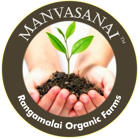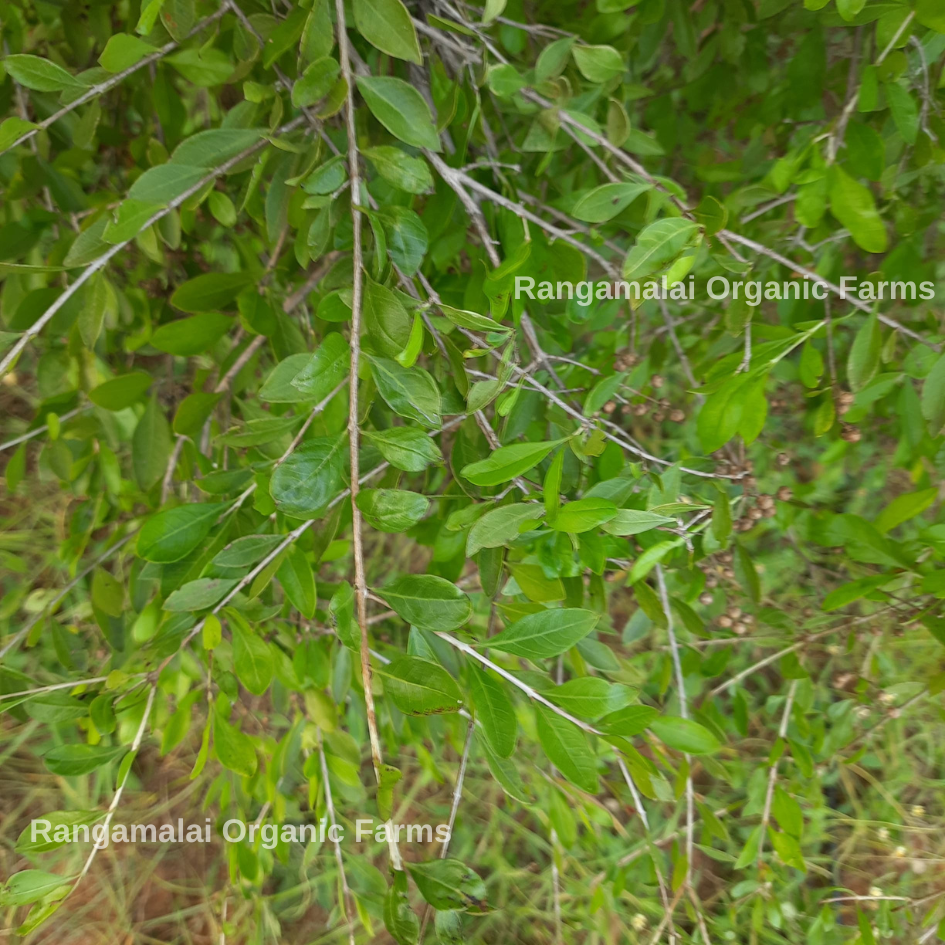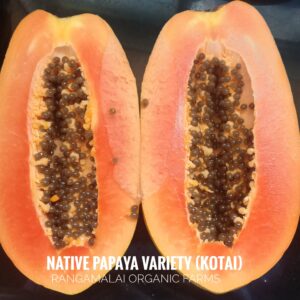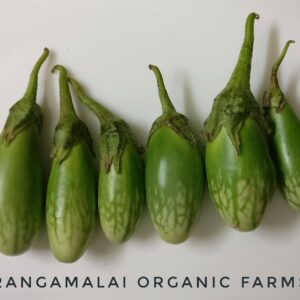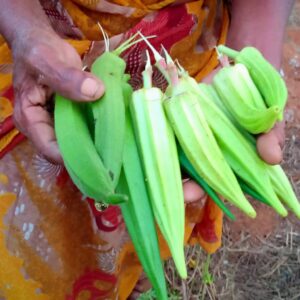Description
Henna leaves are known for their rich, natural dyeing properties and have been used for centuries in various cultures for body art and hair coloring. When the leaves are dried and ground into a fine powder, they release a pigment that can impart a beautiful reddish-brown hue. Beyond their aesthetic uses, henna leaves also have cooling and soothing properties, making them a popular choice in traditional medicine for treating skin conditions and promoting scalp health. The intricate designs created with henna paste, often seen at celebrations and festivals, tell stories of heritage and beauty, connecting generations through art.
Buy Once and Build Your Seed Bank!
Our farm’s Community Seed Bank preserves and cultivates Open Pollinated Native seed varieties that are both organic and sustainably grown. We distribute seeds in limited quantities, expecting gardeners or farmers to propagate them and establish their seed bank. Get ready for a happy and fruitful farming experience!
SEED TREATMENT:
Soaking seeds before sowing can greatly improve their chances of germination and growth. There are several methods of soaking seeds, and one of the most popular methods is soaking them in water. All you need to do is immerse the seeds in water for about 24 hours before planting them in grow bags. This method is particularly useful for seeds that have hard seed coats, which can prevent water from penetrating and germination from occurring.
Another method of soaking seeds is to soak them in cow dung slurry. This is a traditional method that has been used in India for centuries. Cow dung slurry is believed to contain natural growth-promoting substances that can help seeds germinate faster and grow stronger. To prepare the slurry, mix cow dung with water to make a thick paste, and then immerse the seeds in the mixture for about 48 hours. After soaking, rinse the seeds in clean water before planting them in grow bags.
Both of these methods can be effective in improving the germination and growth of seeds. However, it’s important to note that not all seeds require soaking, and some may even be harmed by it. Be sure to research the specific needs of the seeds you are planting and use the appropriate method accordingly.
